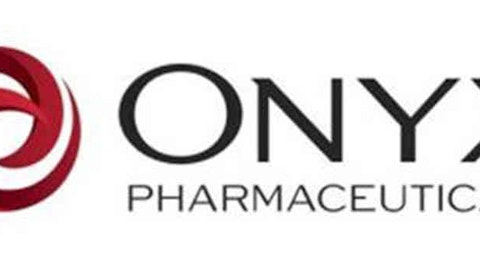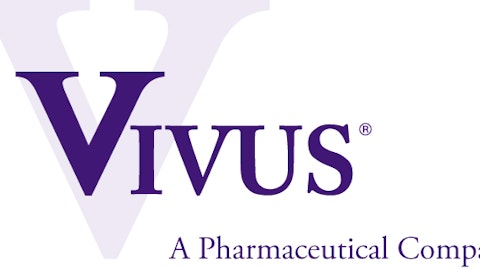Drugmakers such as Johnson & Johnson (NYSE:JNJ) and Bristol Myers Squibb Co. (NYSE:BMY) are two names that could clean up with their new class of type 2 diabetes drug known as SGLT2 inhibitors. Previous diabetes medications worked by controlling the body’s glycemic balance through actions in the pancreas or liver. SGLT2 inhibitors instead work in the kidneys and allow the body to rid itself of excess glucose through urination. In addition, unlike the current standard of treatment, which tends to cause weight gain, SGLT2 inhibitors have been shown to induce weight loss in patients.
Johnson & Johnson (NYSE:JNJ)’s Invokana, for example, got FDA approval in March after delivering lower A1C levels in trials and improving glycemic balance. Bristol-Myers and AstraZeneca plc (ADR) (NYSE:AZN) weren’t nearly as lucky in the U.S., getting a complete response letter in January 2012 because of concerns over elevated cancer risks, but they did get their SGLT2 inhibitor known as Forxiga approved in Europe. It could just be a matter of time, though, before Forxiga finds itself back in front of the FDA looking for another approval.
A scary risk factor
Cancer risk is another serious concern associated with obesity. According to the National Institutes of Health, obesity has been shown to increase a person’s chances of developing esophageal, pancreatic, colorectal, breast, kidney, endometrial, thyroid, and gall bladder cancer. A further study utilizing the National Cancer Institutes Surveillance, Epidemiology, and End Results data estimates that 84,500 new cases of cancer in 2007 were a direct cause of being obese.
Think about the dozens of cancer medications already on the market and being developed that will see sales soar if obesity trends continue to climb. One potential beneficiary here is Pfizer Inc. (NYSE:PFE)‘s Sutent, which is approved to treat kidney cancer, pancreatic neuroendocrine tumors, and gastrointestinal stromal tumors. Sutent is already a blockbuster, with sales totaling $1.24 billion in 2012 and 10% growth witnessed in the United States. If obesity rates track higher, it’s likely to see a steady increase in sales.
Another name to consider here (there are so many to choose from) is Onyx Pharmaceuticals, Inc. (NASDAQ:ONXX) with its lead drug, Nexavar. Like Sutent, Nexavar acts as an inhibitor of VEGF receptors, which are essential for blood vessel growth. The idea for both drugs is to inhibit blood vessel growth to tumors and starve them. Nexavar is already approved to treat renal cell carcinoma (the most common type of kidney cancer) and hepatocellular carcinoma (liver cancer) and looks likely to gain an additional indication in aggressive cases of thyroid cancer.
You can do it; they can help
If there’s one thing that needs to be recognized, it’s that there is a clear-cut obesity problem in the United States. Some cases are unavoidable and caused by a combination of genetics, but a vast majority of obese patients would see a benefit from a lifestyle change that saw them eat healthier and exercise more regularly. In those instances where proper diet and exercise aren’t enough, chronic weight-management-drug makers such as Arena Pharmaceuticals, Inc. (NASDAQ:ARNA) and VIVUS, Inc. (NASDAQ:VVUS), and those who specialize in treating complications associated with obesity, stand ready in the wings to assist those patients. Ultimately, until this obesity trend reverses, you can expect the pharmaceutical and biotech industries’ profits to widen in accord with America’s waistline.


